Recently I had the opportunity to, once again, see the theater production of the musical Cabaret. I went for a couple of reasons.
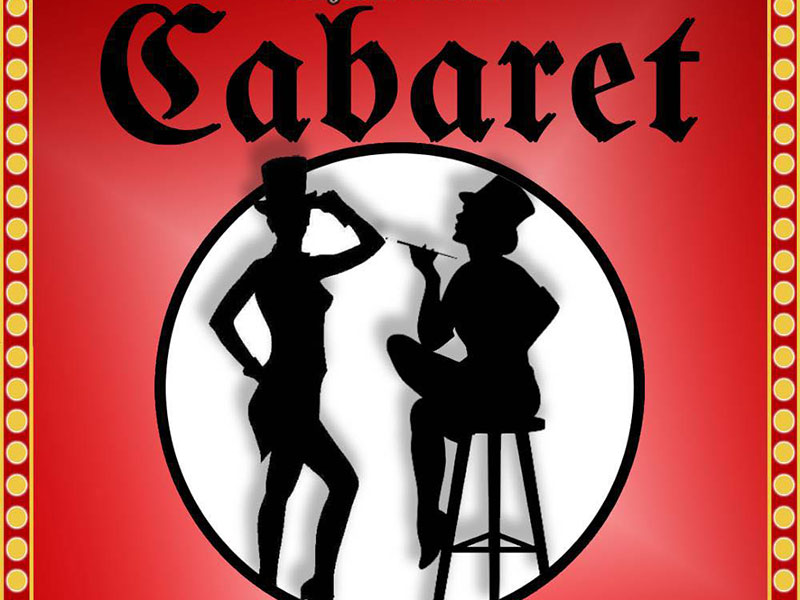
First and foremost, I love live theater and I love musicals.
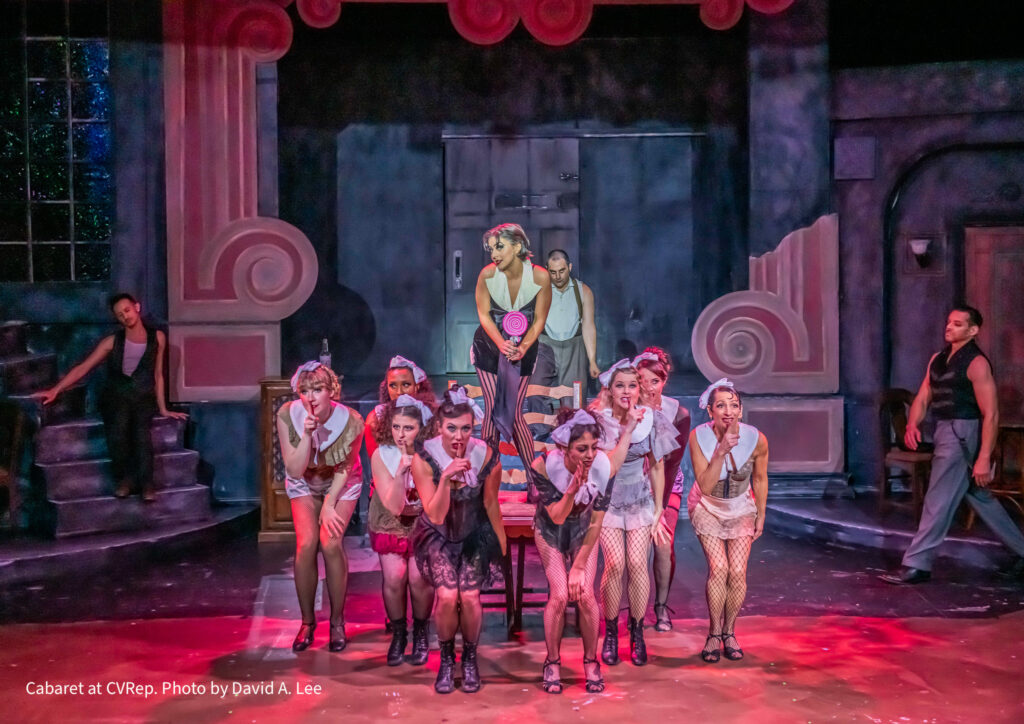
In addition, my personal dance instructor, Beverly, was one of the performers, playing a role in the production of Cabaret by a local repertory company. I wanted to see her and honor her for making the effort.
Cabaret is arguably one of the six greatest, iconic, classic musicals ever to grace Broadway. Others include West Side Story, Les Misérables, The Phantom of the Opera, Hamilton, and Chicago. It debuted in 1966, running continuously until 1969. Since then, it has had at least three revival performances on Broadway in 1987, 1998 and 2014, not to mention the number of performances in regional and local theaters and repertory groups around the world. In addition, the movie Cabaret came out in 1972, winning 8 Academy Awards and starring Liza Minnelli and Joel Grey.
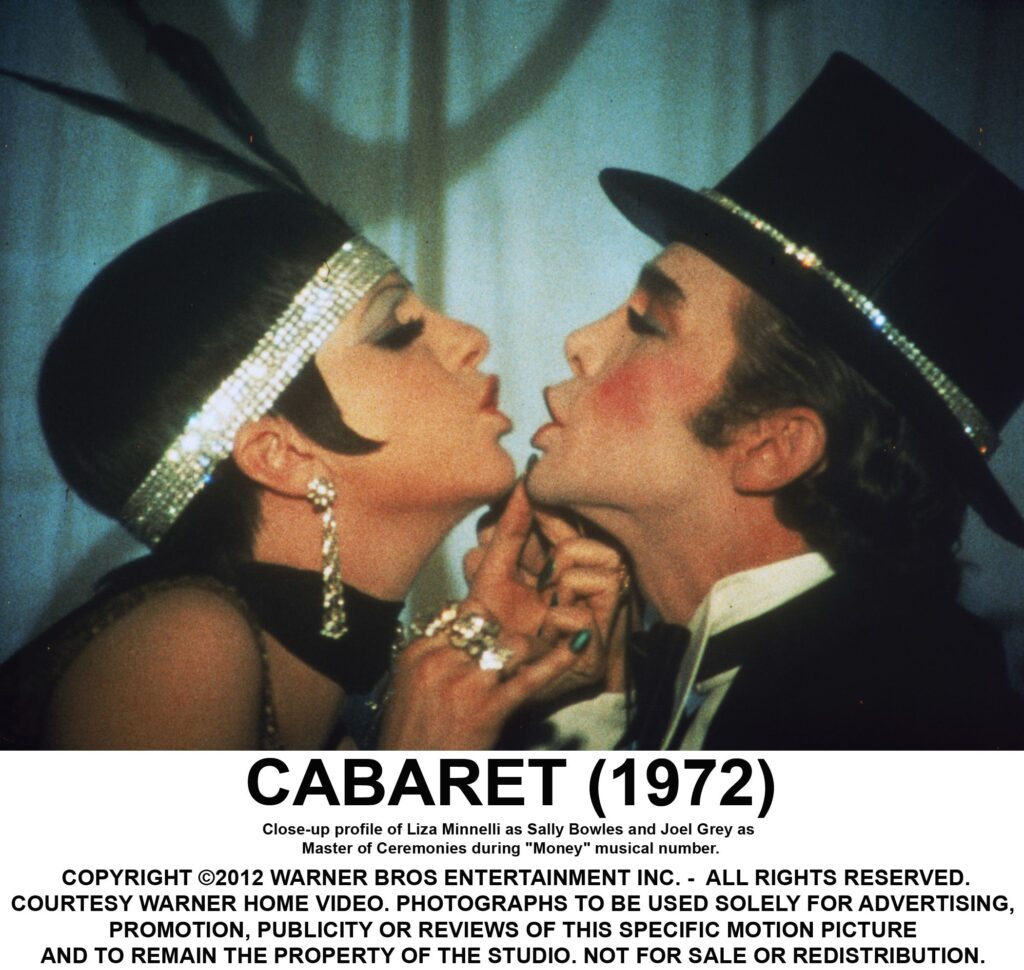
What makes Cabaret so intriguing to me are three things.
One, the score, the music, the songs. Four of my favorites are:
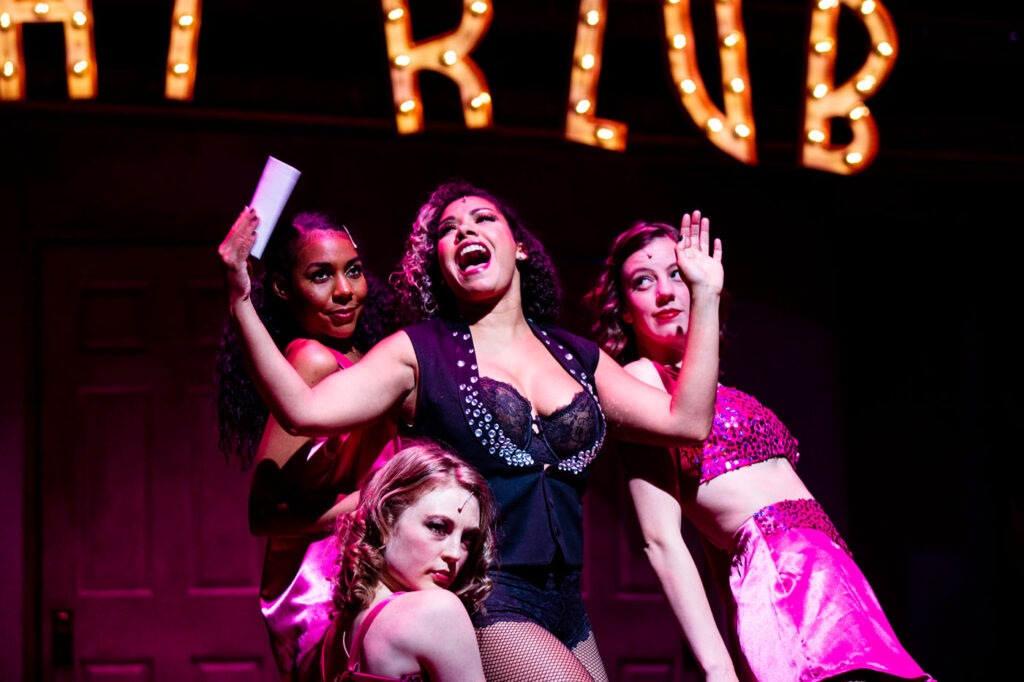
- “Cabaret” – This is the titular song of the musical, performed by the Master of Ceremonies at the Kit Kat Klub. It serves as an introduction to the decadent and hedonistic atmosphere of the club.
- “Willkommen” – Another song performed by the Master of Ceremonies, “Willkommen” welcomes the audience to the Kit Kat Klub and sets the tone for the rest of the show.
- “Maybe This Time” – Sung by the character Sally Bowles, this emotionally charged song reflects her hopes and dreams despite the uncertainties of her life in Berlin.
- “Money, Money” – This energetic and catchy number is performed by the Emcee and the Kit Kat Girls, celebrating the allure and power of money.
Two, the characters that the story revolves around.
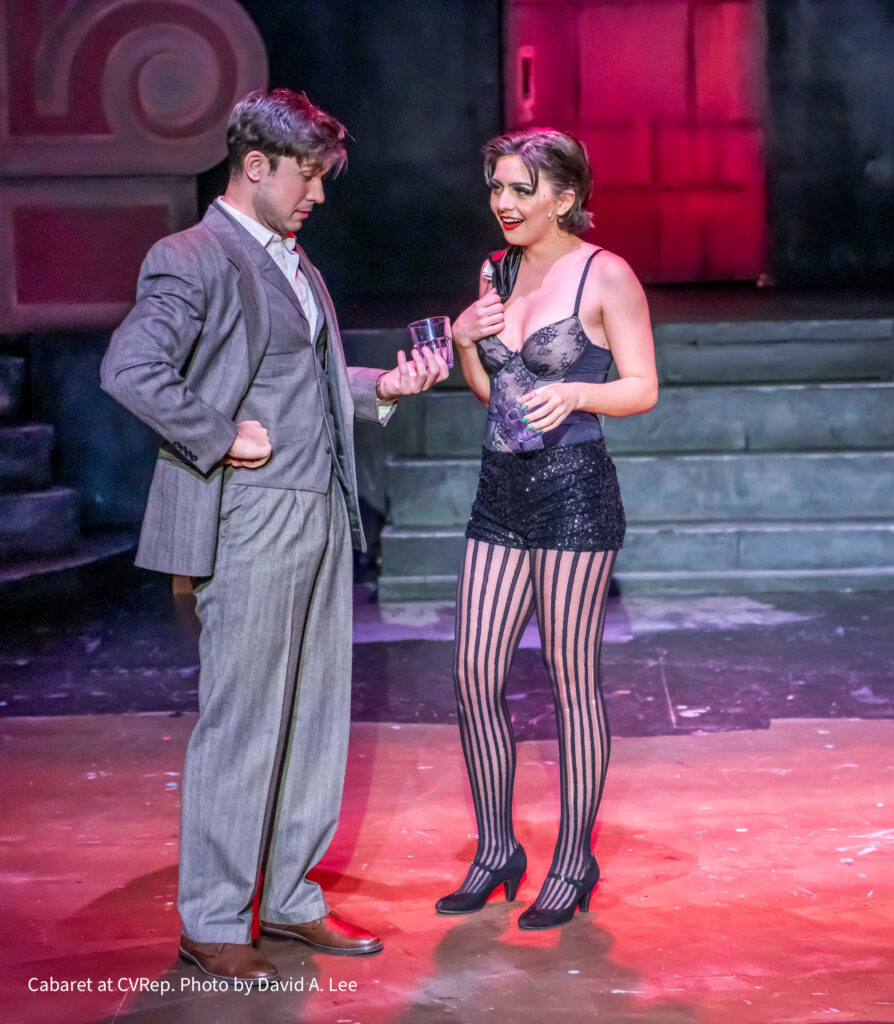
The primary focus is on an American writer named Cliff Bradshaw and his romantic relationship with a British cabaret performer named Sally Bowles, lively, carefree, and somewhat naive about the political situation unfolding around her. The setting is the seedy Kit Kat Klub, where the Master of Ceremonies oversees the decadent nightlife of Berlin.
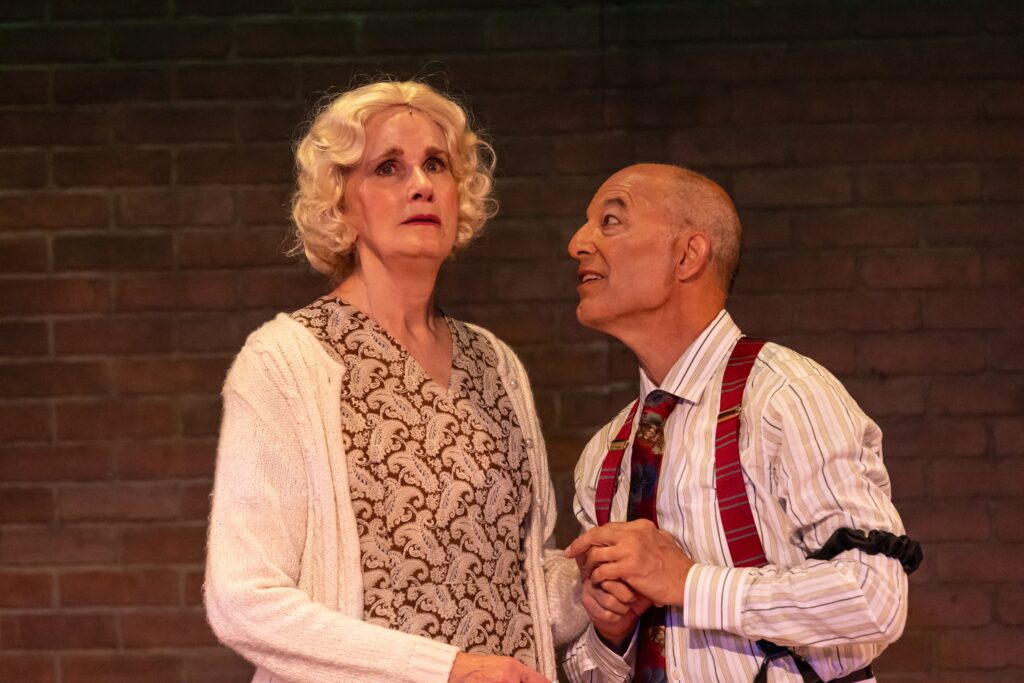
Another character Ernst Ludwig, a German businessman, becomes involved with the Nazis, and his interactions with Cliff and other characters serve as a reminder of the political turmoil engulfing Germany. In addition, Fraulein Schneider is an elderly German landlady of the boarding house where Cliff resides who develops a romantic relationship with Herr Schultz, a Jewish fruit vendor, but faces pressure to break it off due to his Jewish heritage.
The third reason that Cabaret is so intriguing to me is the story line. It is timeless.
Cabaret is set in 1931 Berlin during the rise of the Nazis. As the characters navigate love, sexuality, and personal identity, the rise of the Nazi Party and the impending threat of World War II loom in the background. The musical’s climax coincides with the growing influence of the Nazis, leading to devastating consequences.
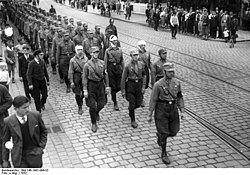
To me Cabaret is so relevant to the issues facing us today in this world we live in. Given the war that is occurring in Ukraine, I felt I had to write about it.
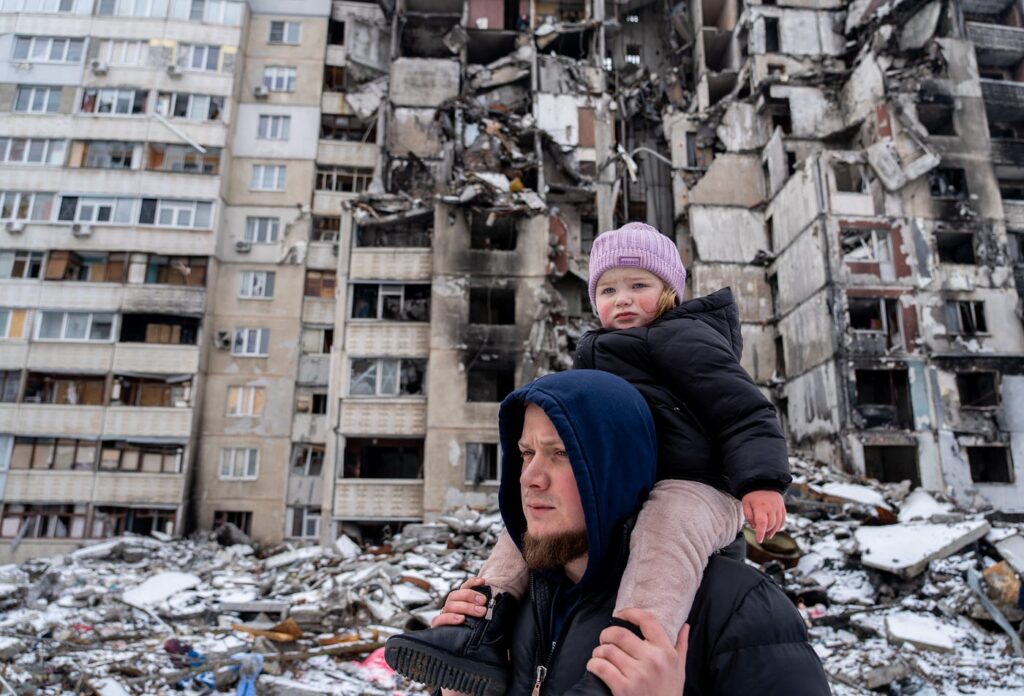
Some of the major messages from the musical include:
- Warning against the rise of authoritarianism: Cabaret depicts the insidious spread of Nazism in 1930s Berlin, serving as a cautionary tale about the dangers of political extremism and the erosion of democracy.
- The importance of resisting oppression: Throughout the musical, characters grapple with the moral dilemma of whether to speak out against injustice or remain silent to ensure their own safety. Cabaret emphasizes the importance of resistance and standing up against oppression, even in the face of fear and uncertainty.
- The human cost of political conflict: The characters in Cabaret experience firsthand the devastating consequences of political turmoil and conflict. The musical highlights the human cost of war, persecution, and discrimination, reminding audiences of the need to empathize with those affected by political violence and displacement.
- The danger of complacency: Cabaret critiques the apathy and complacency of individuals who choose to ignore or dismiss the warning signs of impending crisis. The musical challenges audiences to confront uncomfortable truths and take proactive steps to prevent history from repeating itself.

The musical serves as a reminder of the dangers of nationalist rhetoric, the fragility of peace, and the ongoing struggle for freedom and democracy. As global tensions escalate and authoritarian regimes gain power, the lessons of Cabaret remain as relevant and urgent as ever.
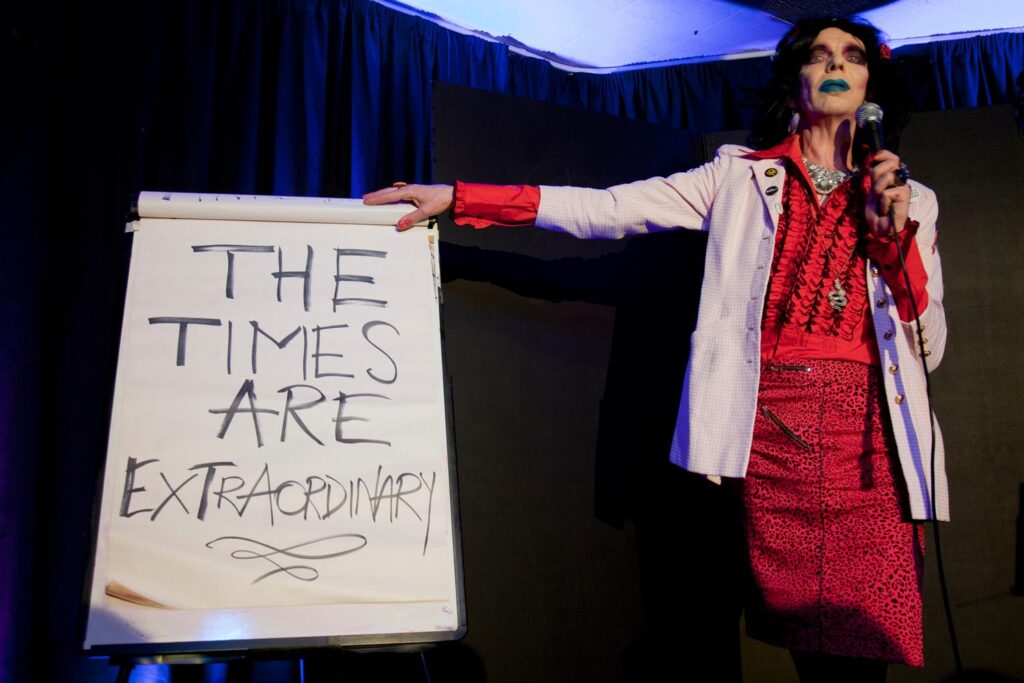
A couple of other iconic musicals: Oklahoma, South Pacific, Carousel, Guys and Dolls, Music Man, and Showboat.